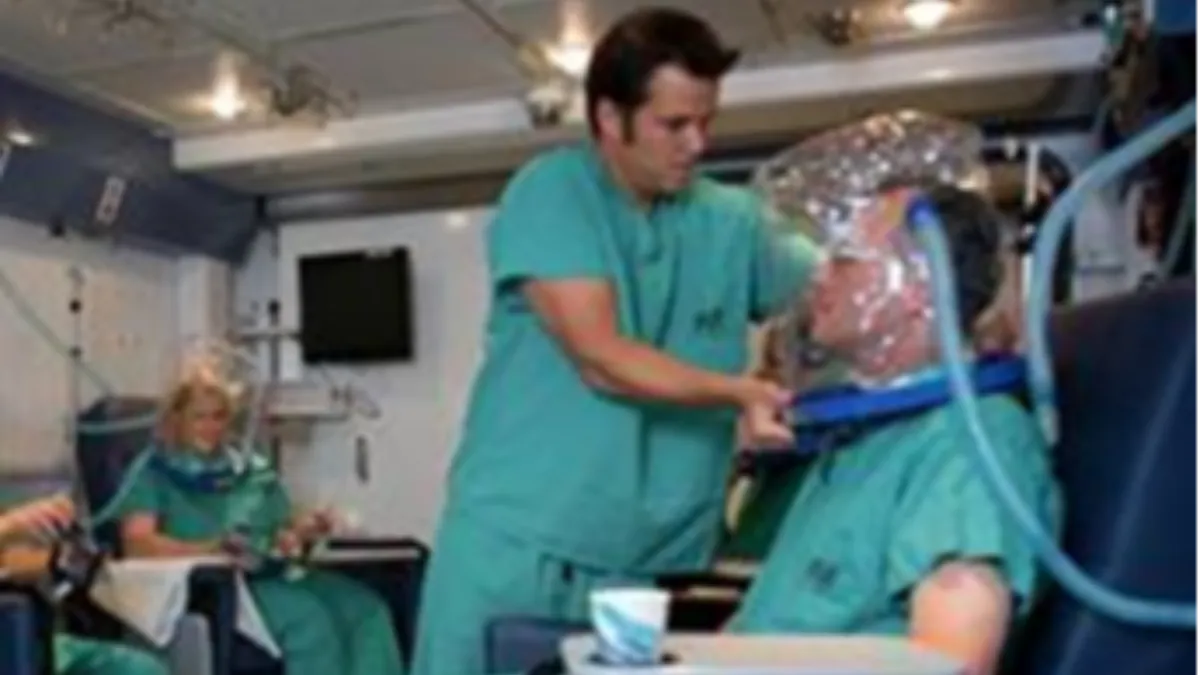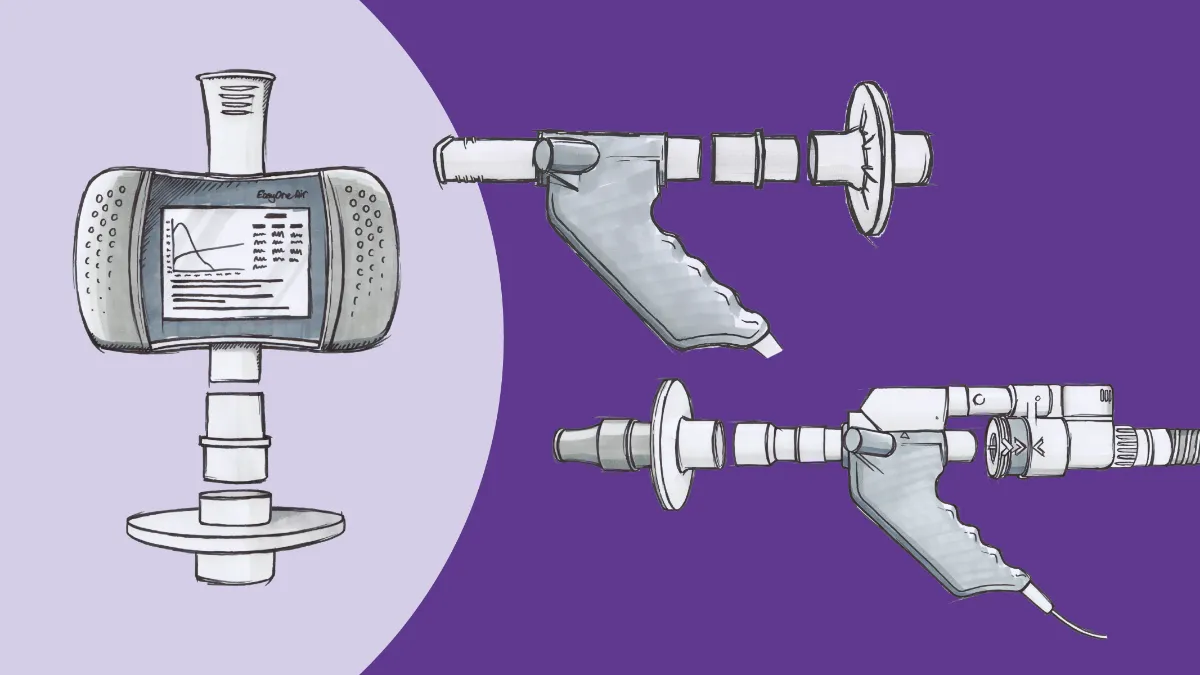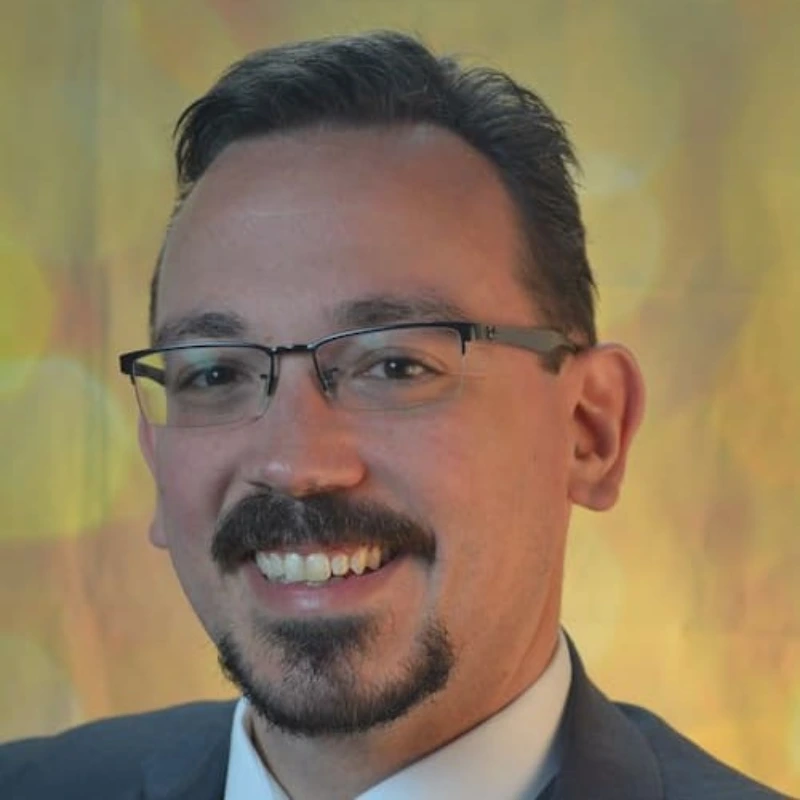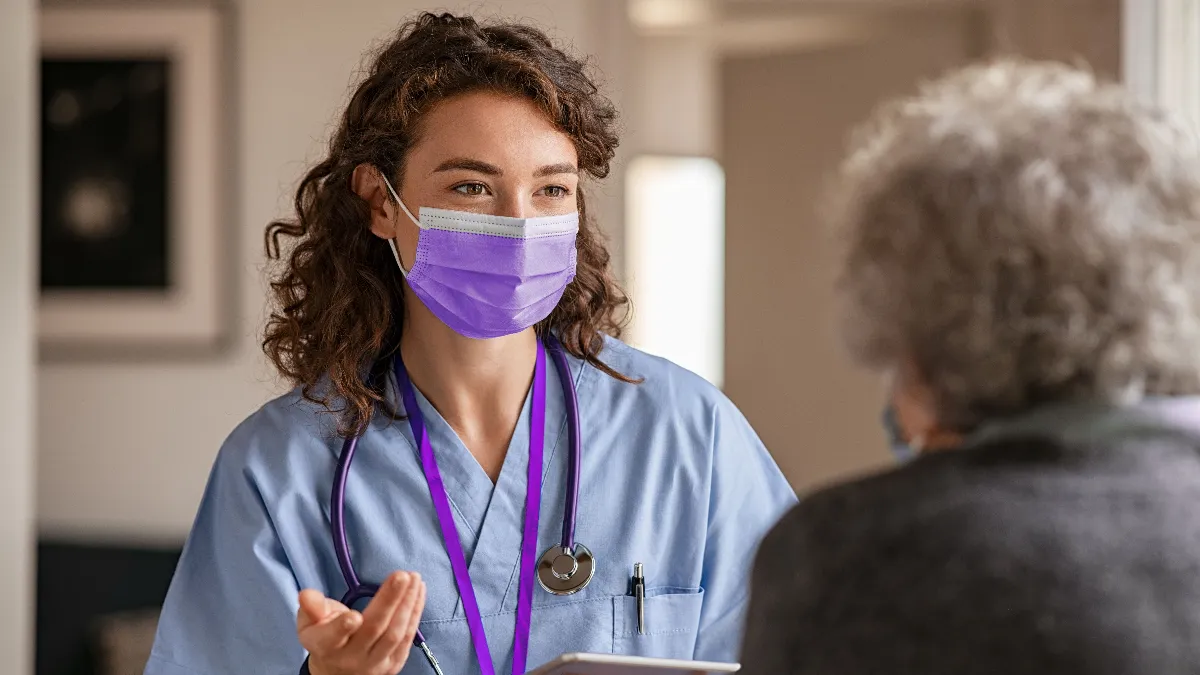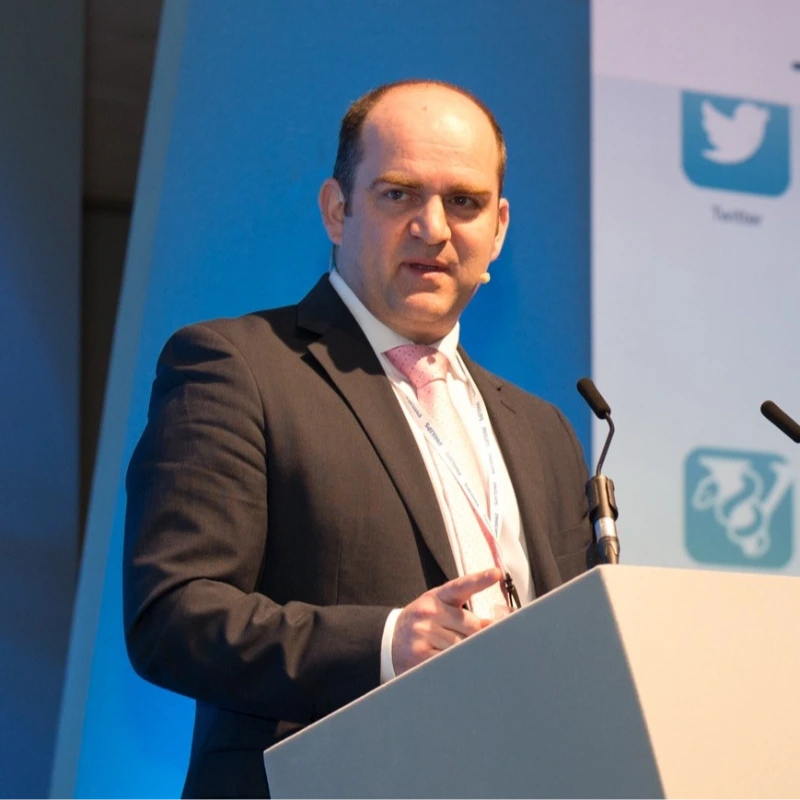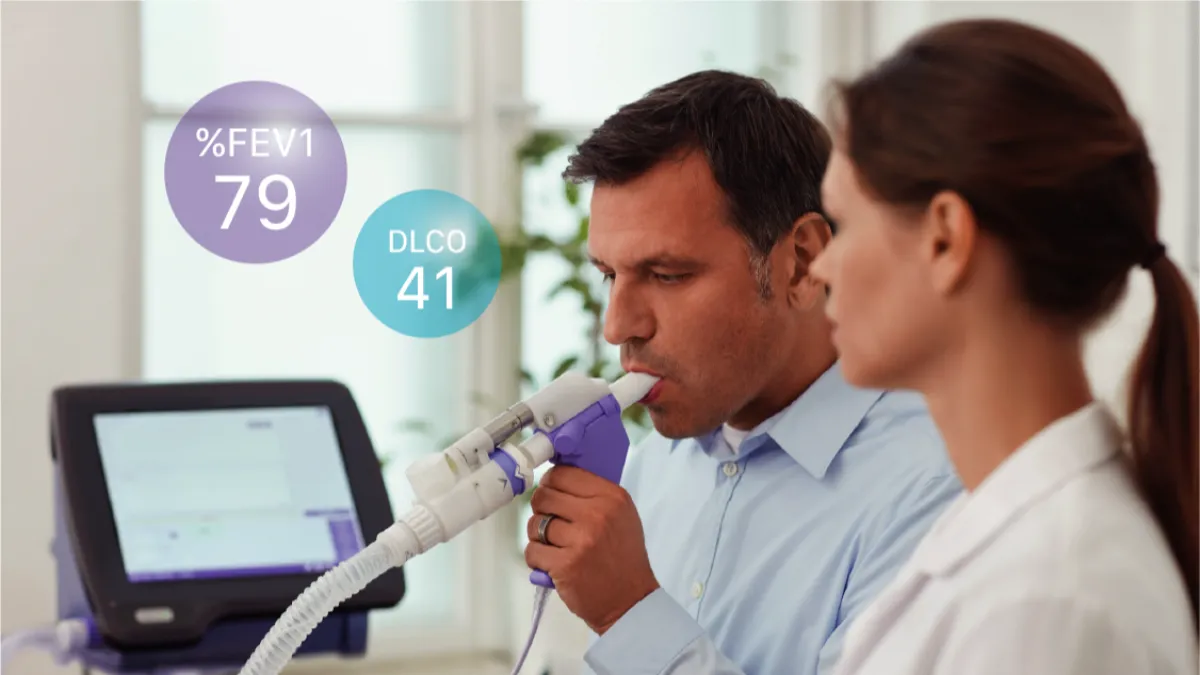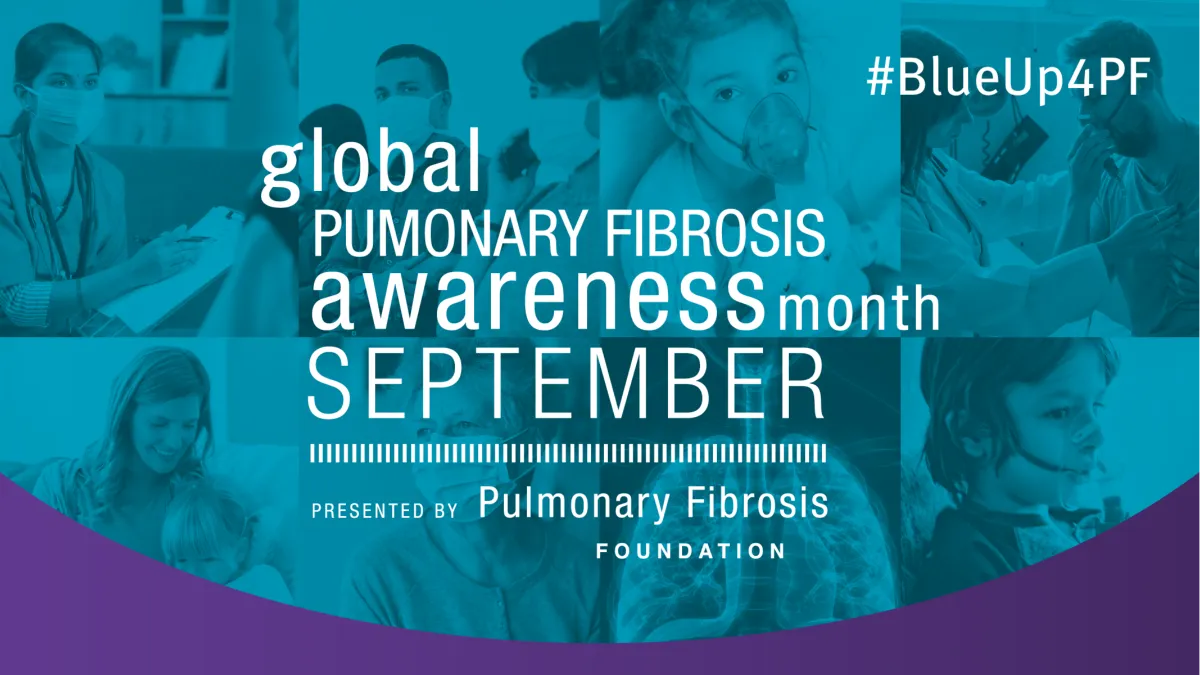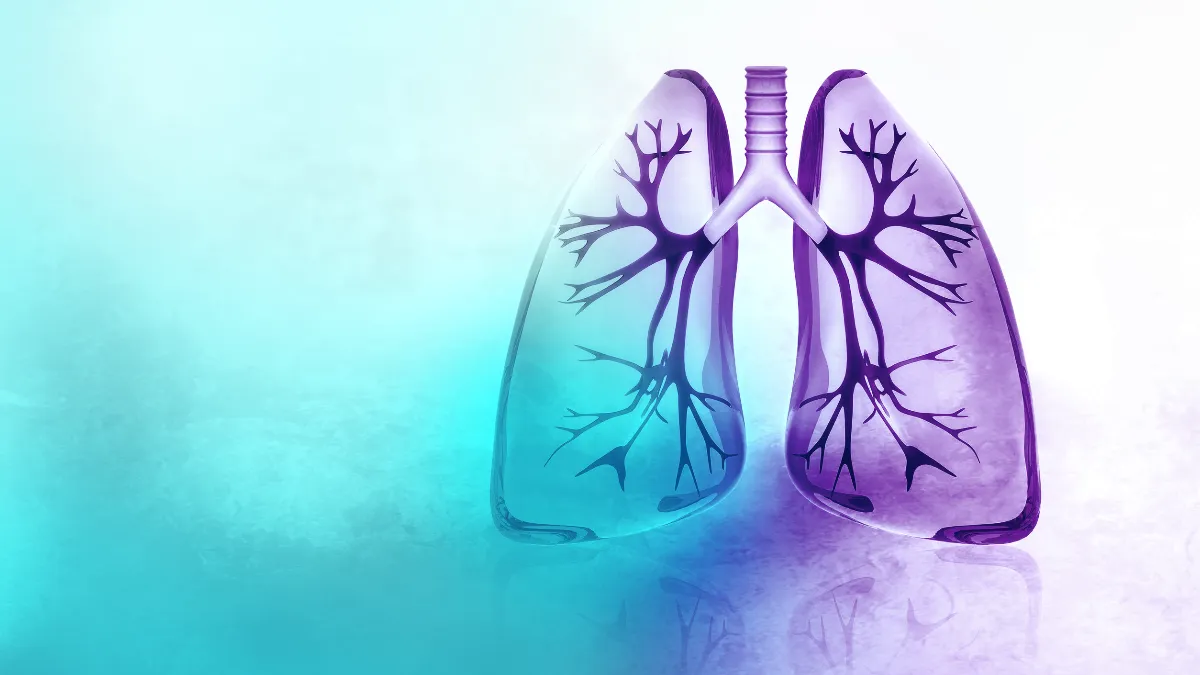Mobile health that's all heart
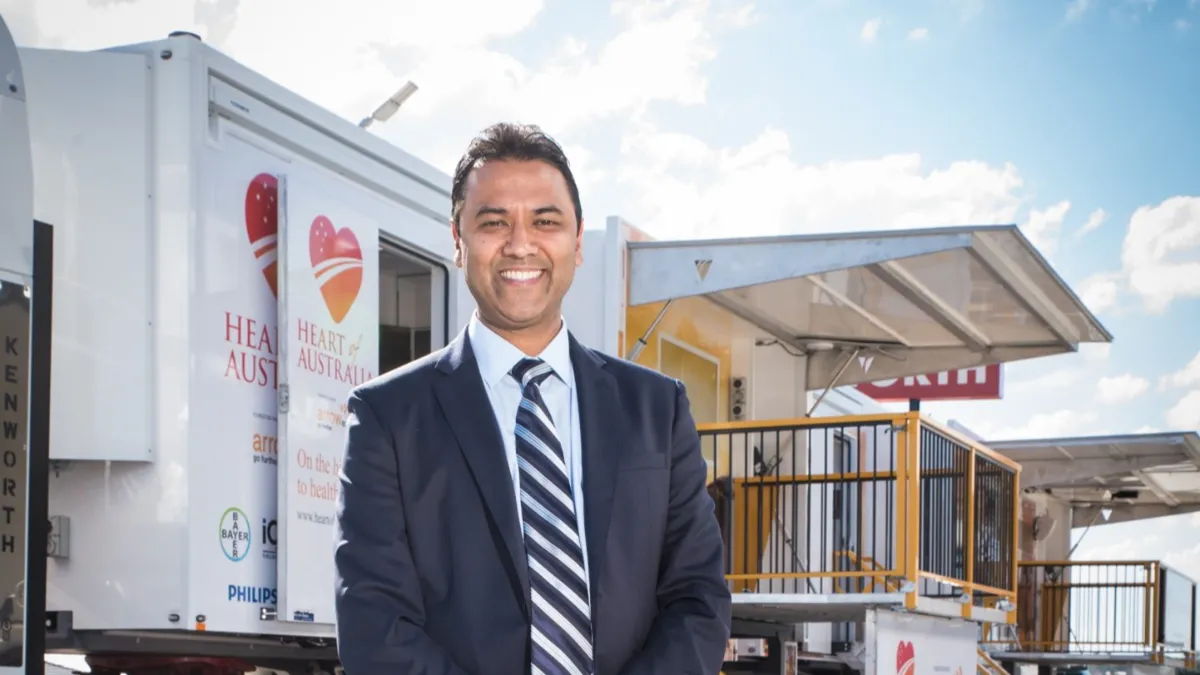
If there’s one person that knows the value of mobile health, then it’s Dr Rolf Gomes. Founder of Brisbane’s ambitious and inspiring Heart of Australia program, and 2021 Queensland Australian of the Year Award nominee, Dr Gomes is passionate about getting healthcare to those living in remote locations.
As you may have read in our last article on the program in 2019, Heart of Australia is a growing fleet of the largest, custom-built mobile medical clinics in Australia, enabling specialist medical services to serve remote bush locations. The impressive fleet currently has two 26-meter long, 34-wheel, semi-trailer mobile clinics, with a third (HEART 4) being launched in April 2021. As well as a smaller (but no less equipped or impressive) mobile medical clinic affectionately known as the ‘baby truck’ – HEART 3. With his engineering background Dr Gomes has been intricately involved in the design in all of the mobile clinics and all three trucks are equipped with ndd’s EasyOne Pro LAB portable PFT devices (distributed by Niche Medical in Australia).
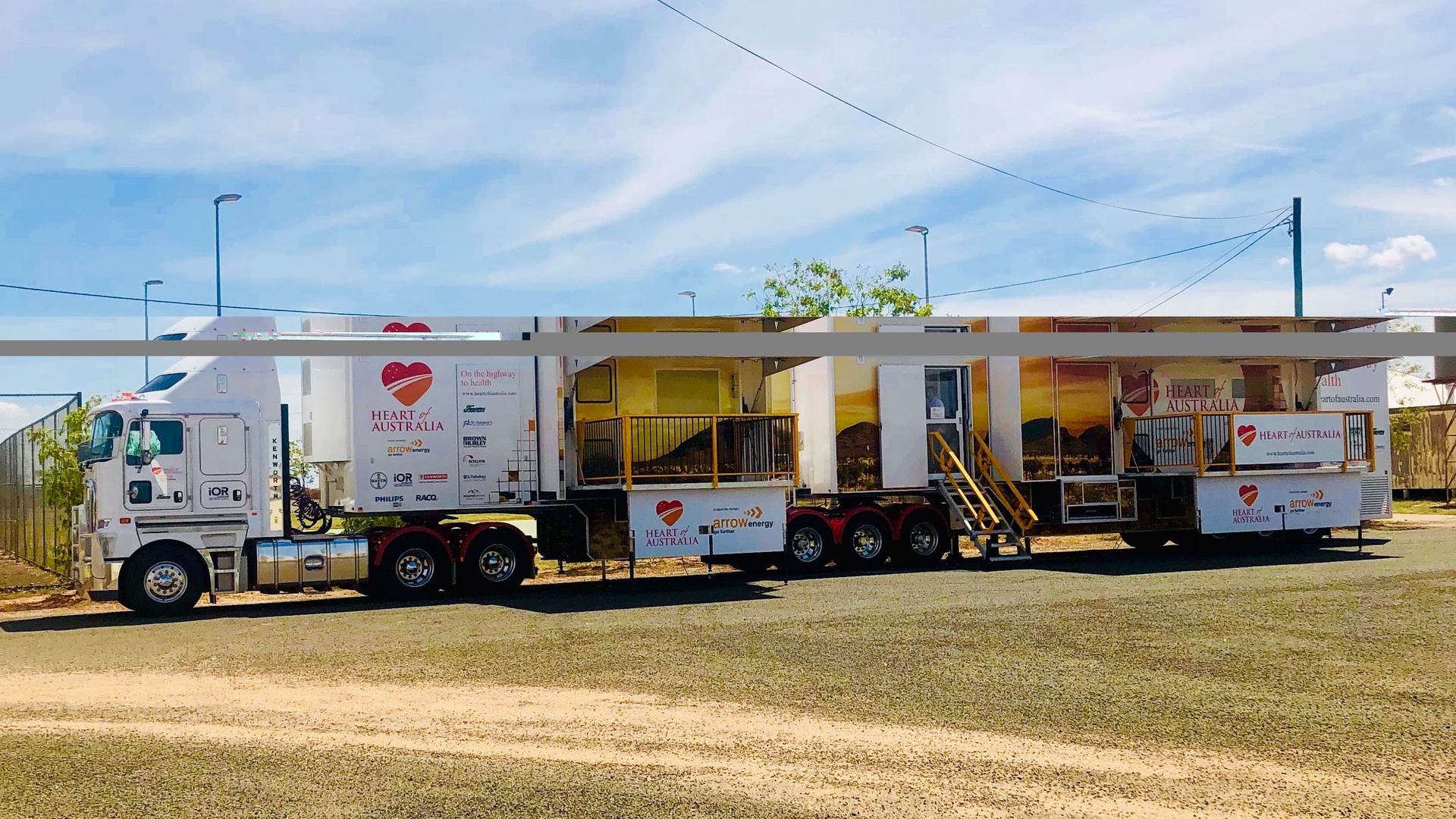
Mobile medical clinics-on-wheels (Heart 2 truck pictured) providing medical services to remote areas in Australia.
As Dr Gomes himself is a cardiologistwith a busy practice in Brisbane, the Heart of Australia program has its roots in cardiac and respiratory medicine due to the crossover between cardiac and pulmonary symptoms. However, since the launch of the first truck, HEART 1, in 2014, this has expanded to include a range of different specialties such as endocrinology, gastroenterology, neurology, and psychology.
As we catch up with Dr Gomes in the wake of the COVID-19 pandemic, he tells us that while the program currently services 25 communities across the state of Queensland, they have big plans to expand. “Come July this year, we’ll be extending to cover a total of 31 communities across Queensland, and we’re trying to expand inter-state into New South Wales and see if we can get some funding support to do that.”

Dr Rolf Gomes is committed to making a positive contribution to society and to help people live healthier, happier and longer lives.
Beyond COVID-19 #
Although the COVID-19 pandemic grounded the fleet for several months, the Heart of Australia team was able to quickly add extra infection-prevention measures—such as ndd’s single-patient use inline filter solutions—in order to keep the much-needed services going from their static locations. In addition, as well as providing static clinics from the grounded trucks and increasing tele-support, the team also sought to bring equipment such as the highly portable EasyOne Pro LABs to alternative venues such as a room in a hospital or GP surgery. They were able to do this and run some clinics in approximately 70% of locations.
Now, to cover more ground as the program expands, there are two new trucks in the pipeline, one of which will have a dedicated respiratory focus – a project in partnership with and part-funded by the Queensland state government. “This new truck, HEART 5, will be designed to help screen mine and quarry workers for lung disease due to exposure to dust, coal, and silica” says Dr Gomes. “Obviously, an important part of that screening requires respiratory function testing, and we’ll be using the EasyOne Pro LAB for that—I suspect we’ll be using them day in, day out. The EasyOne Pro LABs are vital to our service. Without them, we simply wouldn’t be able to offer any form of respiratory testing.”
“The EasyOne Pro LABs are vital to our service. Without them, we simply wouldn’t be able to offer any form of respiratory testing.”
In addition, this new truck will also be Heart of Australia’s first mobile radiology clinic, equipped with an X-ray machine and a first-of-its-kind mobile CT scanner. This new CT scanner will be capable of performing a scan in a cane field or out in the desert if needed – truly mobile.
The need for mobile health programs such as this in Australia and beyond is clear, as Dr Gomes notes, “The mobilization of healthcare - making healthcare more accessible to patients who are access-denied is a global theme. For medicine to provide its maximum benefit, you need to develop drugs, machines, and equipment, but you also have to be able to get that out to people who need it. The mobilization of medicine is going to be an interesting space to watch.”
“The mobilization of medicine is going to be an interesting space to watch.”
The need for truly portable pulmonary devices #
Of course, in order to deliver truly mobile health, Dr Gomes and his team need to ensure that the equipment on the trucks can live up to the challenge. “Our trucks do over 100,000 kilometers a year, often on pretty rough roads. The equipment on them has to be able to withstand the journeys and still be able to run accurate and reliable scans. For our respiratory testing, as well as all of our services, we need equipment that is not only portable but reliable. You need a certain level of robustness to make a device truly portable.”
Dr Gomes tells us that the EasyOne Pro LABs are continuing to perform very well after six years on the road. “The first unit we acquired is still in use. Like most medical equipment, it requires servicing from time to time, but they’ve been very reliable. That’s really important because a lot of patients will still have to travel a long way just to meet the clinics - you want to make sure that when they get there, the equipment works. It would be pretty heartbreaking to have to tell a patient to turn around and come back in a month. So, the fact that the EasyOne Pro LABs are reliable is a huge thing. Also, the fact that they have a small footprint and a very easy user interface is really helpful for us. We’ve found that very useful in training new staff on how to use it.”
Due to the lack of access to specialist services such as those now being provided by Heart of Australia, diagnosis in the bush often has to rely on response to treatment rather than the full investigation that we are accustomed to in urban areas. Asthma is a good example of this as Rolf explains: “We often see patients being treated for asthma out in the bush without having prior respiratory function testing. If you’re going to commit someone to lifelong medication for asthma, it’s good to check if they do, in fact, have the condition. We can offer easy and quick spirometry and lung volume testing on the EasyOne devices for that. One of the other tests on the EasyOne Pro LAB that we use frequently is the DLCO test. We run a special pulmonary hypertension screening program, which relies on this DLCO. And as we move into the respiratory screening for mine and quarry workers, we’ll be using the DLCO testing a lot more.”
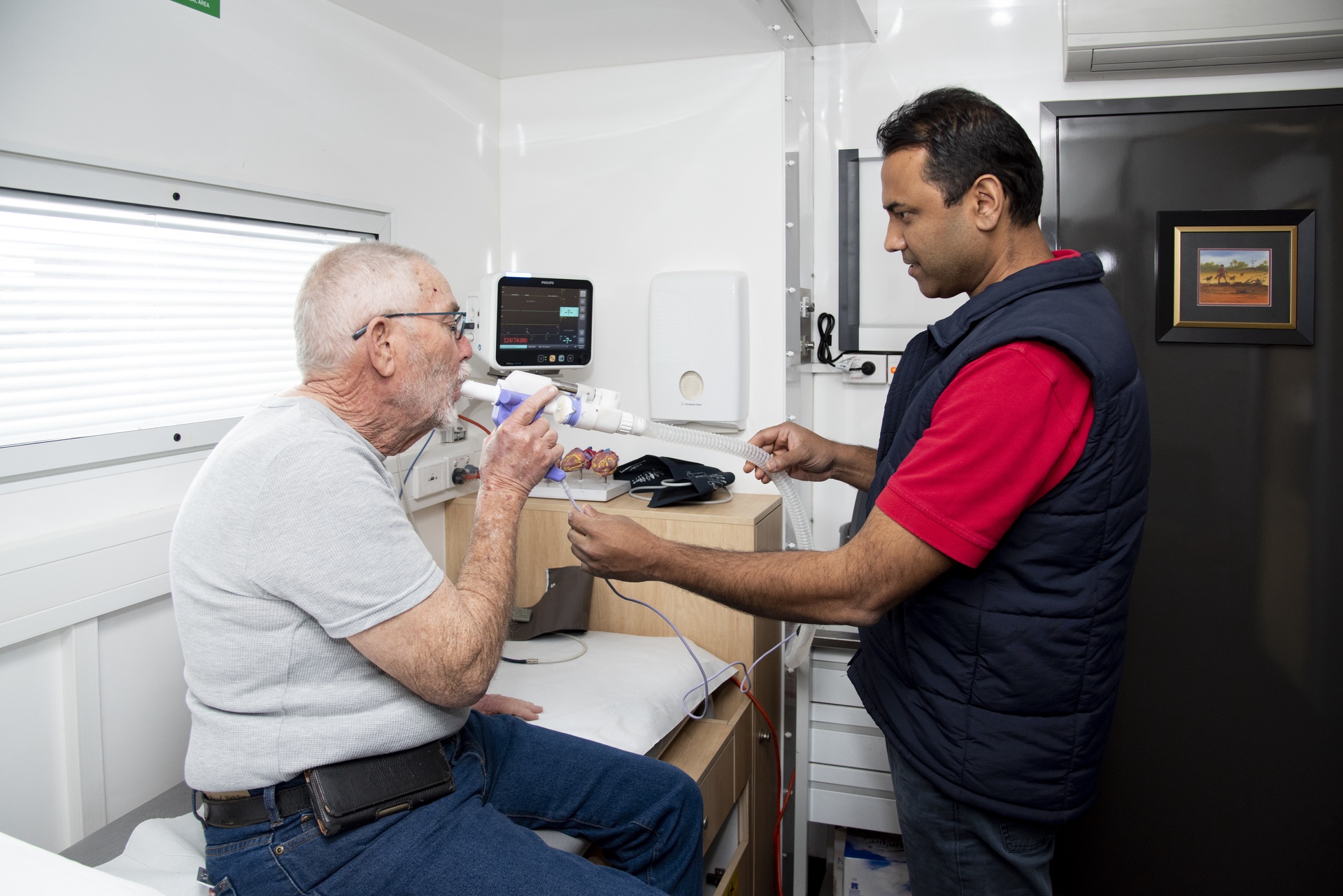
Dr Gomes with a patient on the Heart truck conducting a test with the EasyOne Pro LAB.
Committed to the cause #
In addition to the growing fleet of mobile clinics, Heart of Australia is also looking at improving the health of very remote indigenous communities in Australia, which are often in areas the trucks can’t reach. “We are trying to set up some standalone clinics and have an increased focus in indigenous areas, such as Palm Island.”
It’s clear from talking to Dr Gomes that the Heart of Australia program is a direct result of his very genuine passion to make a positive contribution to society and to help people live healthier, happier and longer lives. And it’s a philosophy that Dr Gomes makes sure the companies that he works with share.
“I think that the companies we partner with really do believe in doing good in the world. There’s a philosophy beyond business, really aspiring to those things you read in mission statements such as making healthcare more accessible and supporting innovation. For me, it’s something that you’ve got to want to do. I think this is something we should do, that is worth doing. So, I talk to these companies, and when they come on board, you sense that they have a like-mindedness. It’s not all about how this is going to benefit a product’s sales. These are people who believe in leaving the world a better place than when you came in.”
“I think that the companies we partner with do believe in doing good in the world.”



